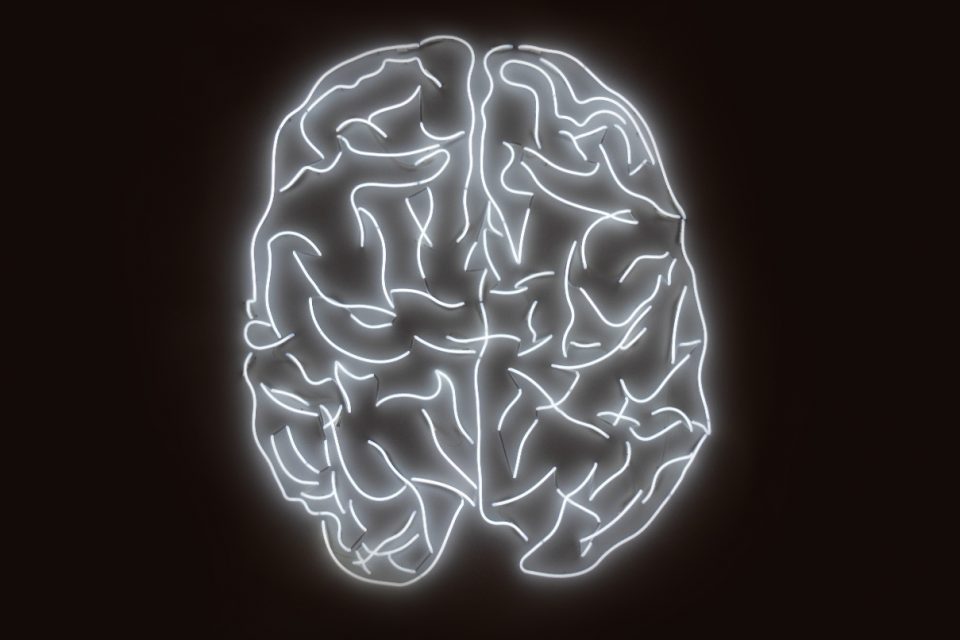A new study released in ACS Chemical Neuroscience details how misfolded proteins could lead to long-term effects, exacerbating the development of neurodegenerative diseases, like Alzheimer’s disease.
The findings, initiated by researchers at Michigan Technological University, focused on the aggregation of amyloid-beta peptides and how distinct shapes are formed, as well as toxicity and acetylation, which occur at the following sites: lysine 16 and lysine 28.
Lysine 16 was said to be responsible for the disordered aggregates that led to the formation of sticky amorphous structures and abnormal levels of toxicity. These aggregations accumulate in the brain, often leading to memory decline and subsequent neurodegeneration like that observed among patients with Alzheimer’s.
“No one has done a systematic study to show if you acetylate amyloid beta it changes how the aggregate looks, then it changes its biophysical properties and hence toxicity,” said Ashutosh Tiwari, co-author of the study. “What we’re saying is that the shape, stickiness and flexibility of the aggregated protein structure can play a vital role in the cellular toxicity and may also affect the mechanism of toxicity.”
The findings determined that even a subtle change in a single position could impact a protein’s aggregation. But given the complex nature of misfolded proteins and amyloid-pathological toxicity, more research is needed to better understand this phenomenon.


